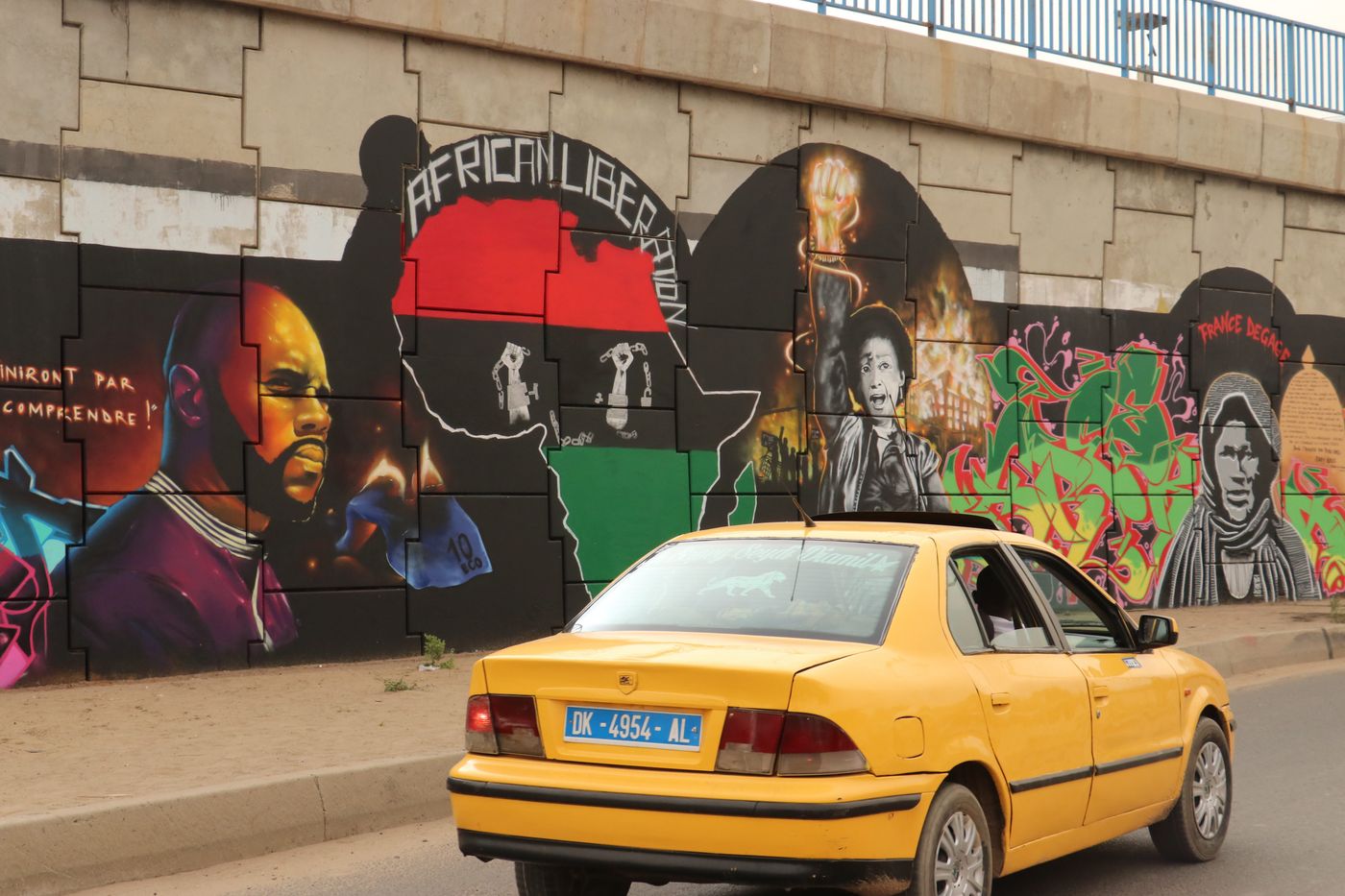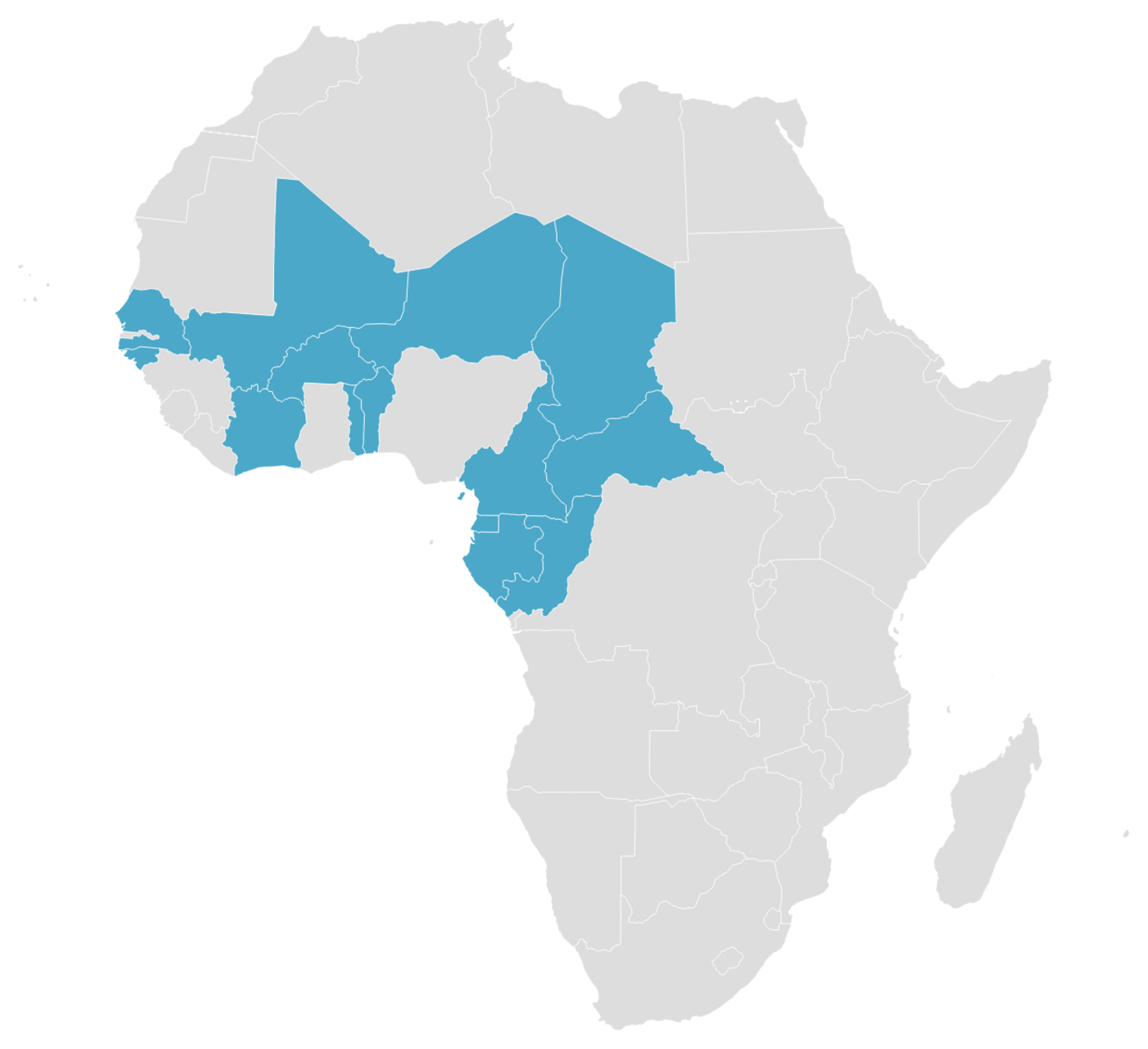Social protest against the CFA Franc
Beyond economic and monetary policy issues, however, the CFA Franc is under significant political pressure. Civil society, and especially the young population, rejects the currency. In Senegal, where one of the first French colonial banks, the Banque du Sénégal, was opened in 1855, criticism of the “neo-colonial” currency is widespread. Not only France, dégage! calls for an end to the CFA Franc. Recently, monetary sovereignty has become an issue during the parliamentary elections. Influential opposition politician Ousmane Sonko picked up the popular criticism of the CFA Franc, and his electoral success shows how important the problem is for the voters.
Nevertheless, there is a discrepancy between innovative monetary theorists like Ndongo Samba Sylla, the social protest movements and the political elite. Social protest movements are about more than the currency alone. The CFA Franc serves as a scapegoat to address price increases and social inequality or criticise the political elite and “Françafrique” relations. Macron has recognized this and wants the announced reform to be understood as a response to these criticisms.
Sovereignty matters in the current reform process because the states of the CFA Franc zone have neither economically nor politically enough room to manoeuvre. Democratic participation in the monetary politics of the franc zone is severely limited. West Africa's peripheral role in the international financial order and its structural dependence on the franc zone additionally constrain the policy space. A reform of the “corset”, which the zone appears to be, is urgently needed. This is not only overdue symbolically, but also from an economic point of view.

